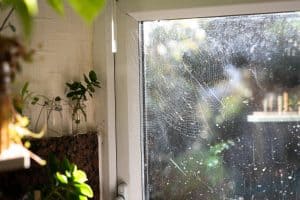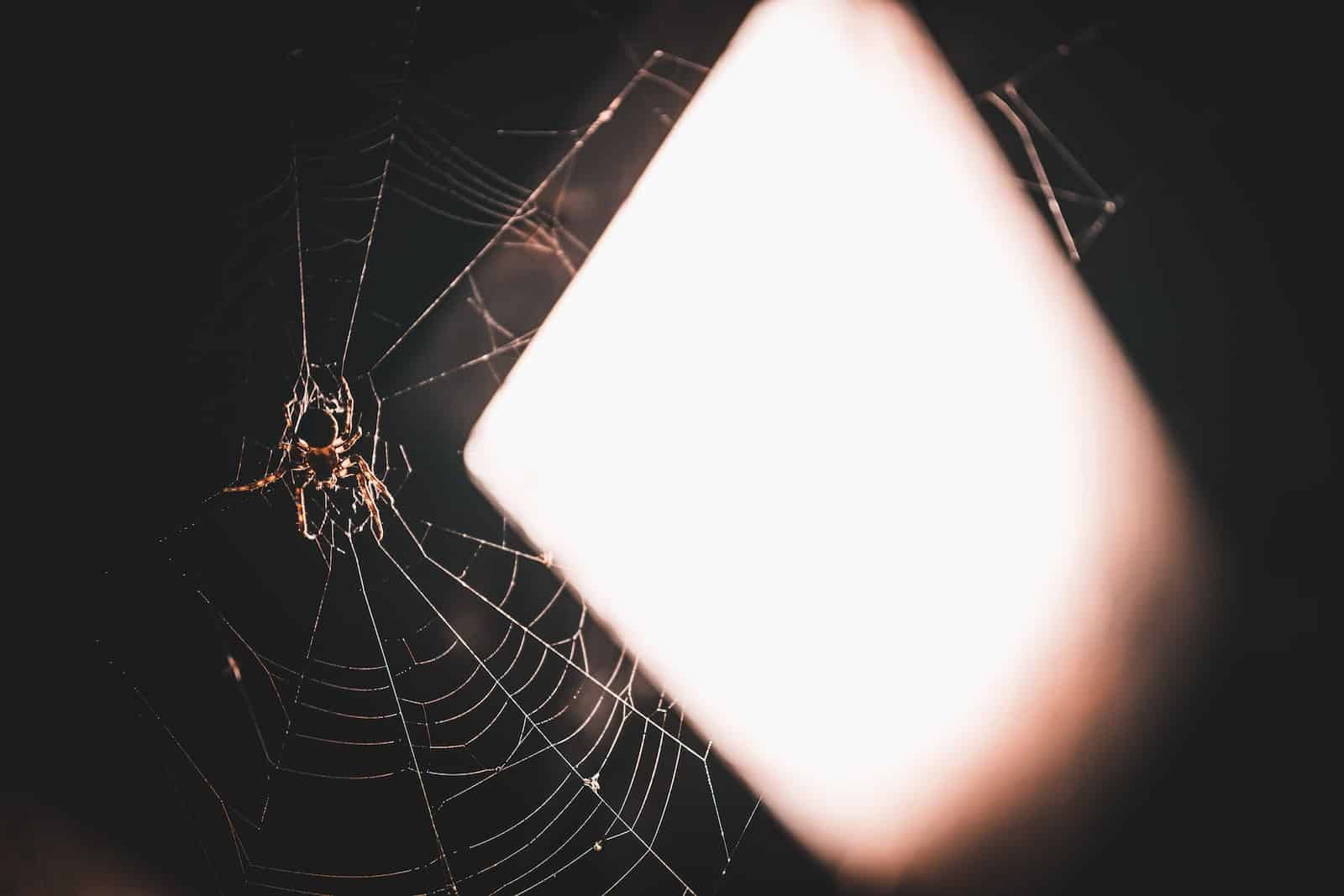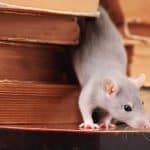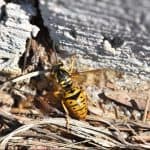How to get rid of spiders in the house and stay safe from bites.
Fear of spiders is consistently ranked as one of the top phobias. Whether it is an evolutionary trigger that kept our ancestors alive or the result of horror films, spiders have a reputation as being creepy, crawly, venomous pests.

But spiders aren’t all bad. They do provide a form of natural pest control by catching insects in their webs. However, that doesn’t mean they have an open invitation to come into our homes. A spider infestation can cause contamination of food in kitchens or pantries, and depending on the species, there could be health risks if family members unexpectedly happen upon a web or lurking spider. Taking action to prevent spiders goes a long way in avoiding these risks.
Keep garages, attics and basements clean and clutter-free.
Most spiders seek out secluded, undisturbed areas where they can build a web to catch their next meal, so an attic or basement that has been left unused over the past season could be harboring these pests out of sight. Avoid leaving clothing and shoes on the floor and consider storing them inside plastic containers. It is also advised to shake out all clothing that has been in a hamper before wearing or washing.
Seal any cracks or crevices around the home.
Spiders can crawl into homes through damaged window screens or cracks in the siding. The outside of homes should be inspected for these defects seasonally as weather and changes in temperature can cause or worsen existing problems.
Inspect items such as boxes of decorations and grocery bags before bringing them indoors.
Packages are often left on the front step if delivered when you’re not at home, and groceries might be placed on the driveway while unloading. These are opportunities for spiders and other pests to crawl onto bags and boxes and be carried inside. Inspecting packages before bringing them into your home reduces this risk.
If a spider bites you, contact your primary care physician for medical advice.
Species such as house spiders and cellar spiders pose no health threat to people. They don’t have very strong mouthparts, so if they tried to bite, they wouldn’t be able to pierce the skin. These spiders are simply nuisance pests, but they are much better off living and laying eggs outside.
Other species such as black widow spiders and brown recluse spiders do have the ability to pierce the skin and inject venom. Their bites cause varied reactions in people, but are very rarely fatal with proper treatment. Symptoms include localized pain, fever and nausea. In the case of a brown recluse spider bite, there’s also a possibility for skin necrosis at the site of the bite.
If you have an infestation in your home, contact a licensed pest professional.
Being proactive about spider control will reduce the likelihood of any species making a home in your abode and possibly harming a member of your family. But if you suspect you have a spider infestation in your home, contact a pest professional to identify the species and properly remove the pests.




